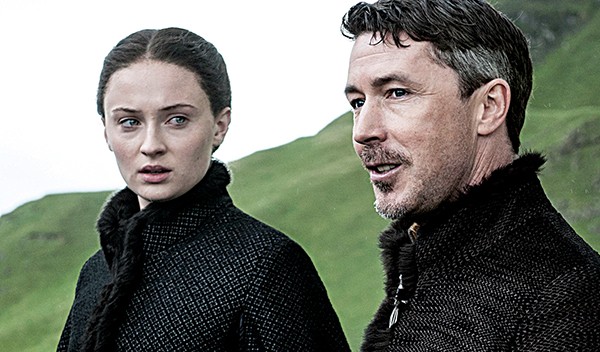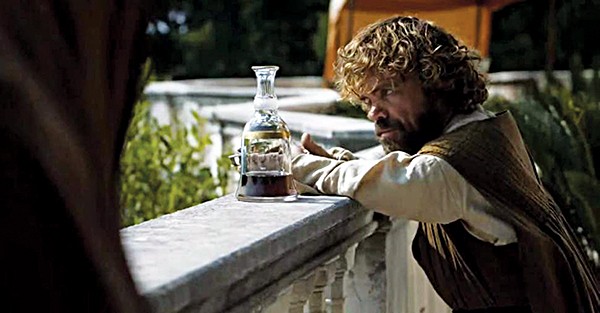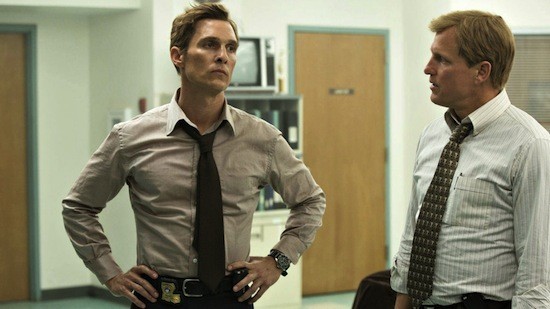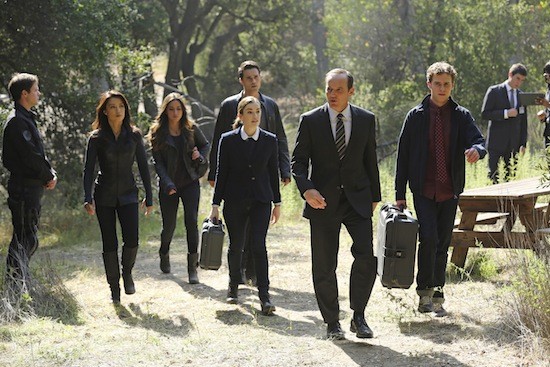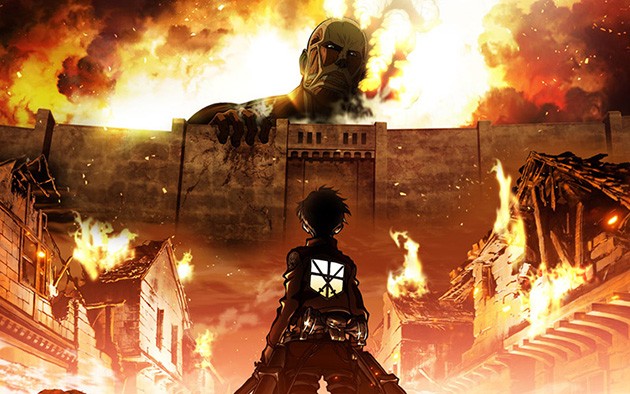I will start this review of the pilot episode of HBO’s House of the Dragon, the official prequel (eye roll emoji) to the smash-hit fantasy series Game of Thrones, with what we Extremely Online folk call a “hot take”: The last season of Game of Thrones wasn’t that bad.
Story-wise, the endgame of the eight-season tale was pretty reasonable: Jon Snow, who belatedly discovered he had a claim to the coveted Iron Throne, murdered his fiancée Queen Daenerys Targaryen after she opted for mass slaughter by dragon during the final conquest of Westeros’ capital, King’s Landing. Snow was re-exiled to the Black Watch for his crime (which was probably just as well, as he didn’t really want to be king), and his half brother Bran Stark, a post-human, magical being who can see both past and future, is proclaimed king by what’s left of the noble houses.
Personally, I didn’t buy the “Daenerys has shown her true genocidal self and has to go for the good of the kingdom” argument. If it had been me in Jon Snow’s fur collar, I would have taken the dynastic marriage and used the raw power of my smoldering sexuality to positively influence the khaleesi. But what do I know? I’m a lover, not a fighter, and the great game for control of Westeros favors the bold and bloody.
The real problem with the final season of Game of Thrones was that it was rushed. Instead of the standard 10-episode season, show runners David Benioff and D. B. Weiss opted to produce only six installments, redirecting their extravagant budget into one blowout battle scene for “The Long Night.” But the night battle turned out to be a bust because (surprise!) it’s hard to see what’s happening in the dark, so instead of watching Jon Snow and Daenerys go from love to deadly suspicion over four hours, we didn’t get to see anything, really.
But that’s all 172 years in the future from House of the Dragon, which informs us in a lengthy preamble that we’re going to learn how the dragon-riding Targaryen dynasty all but exterminated itself. When we last left King’s Landing, it lay in ruins. We return in its heyday, as King Viserys I Targaryen (Paddy Considine) rules over the (reasonably) peaceful city. His queen Aemma Arryn (Sian Brooke) has been pregnant five times, but only one child survived. Unfortunately, Princess Rhaenyra (Milly Alcock, for now) is female, and the Westerosi patriarchy frowns on the concept of queens ruling alone. Instead, the king’s brother, Prince Daemon Targaryen (former Doctor of Doctor Who Matt Smith) is the heir apparent — unless the queen’s current pregnancy ends with the birth of a son.
The king is so confident in his son-siring ability that he calls all the knights and noble houses in the Seven Kingdoms to a tournament, just as the queen is scheduled to deliver. If all goes well, the chieftains will be there to celebrate the beginning of another generation of political stability.
Reader, all does not go well. As the tournament devolves from chivalric jousting into a general brawl, Queen Aemma Arryn’s labor results in a breech baby and botched cesarean delivery. (Westerosi magic has many strengths, but obstetrics is not one of them.) Prince Daemon, having shown his brutal character as the castration-happy commander of the city watch, is still scheduled to take over the throne. Thanks to the machinations of the King’s Hand, Ser Otto Hightower (Rhys Ifans), Viserys decides to buck tradition and name his embittered daughter Rhaenyra as his heir. What could possibly go wrong?
The House of the Dragon pilot is carefully engineered by new showrunner Ryan Condal and author George R. R. Martin to be both just familiar enough not to turn off the fans while promising new adventures, this time with a whole bunch of dragons. Rhaenyra is basically Arya Stark with Daenerys’ hairdo. Considine gives the most compelling performance as the well-meaning king, traumatized by the sudden loss of his wife. Smith continues his post-Doctor run of ace villains. The joy of Game of Thrones has always been the sprawling cast of supporting characters, and we’re introduced to plenty with potential. But still, Martin’s A Song of Ice and Fire began as a response to the bloodless, unsexy high fantasy of The Lord of the Rings. House of the Dragon’s got plenty of on-screen blood and sex, but the tone so far has a distinct Tolkienian stiffness. Here’s hoping Condal and his cast grow into the chain mail boots they need to fill.
House of the Dragon is streaming on HBO Max.
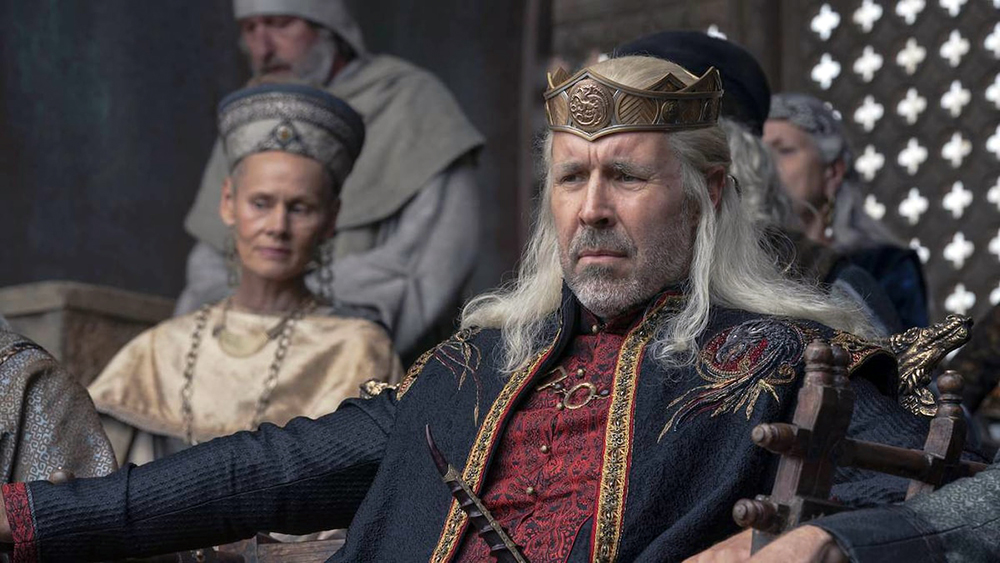
 Reuters | Peter Nicholls
Reuters | Peter Nicholls 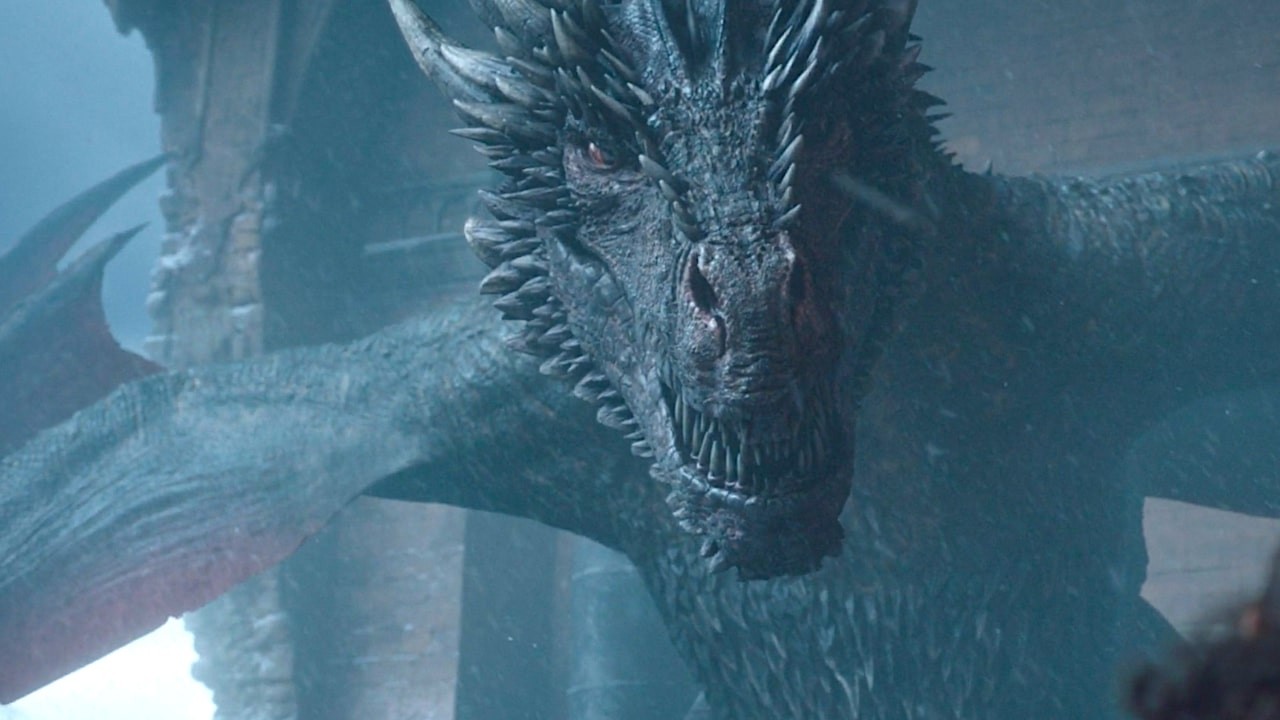
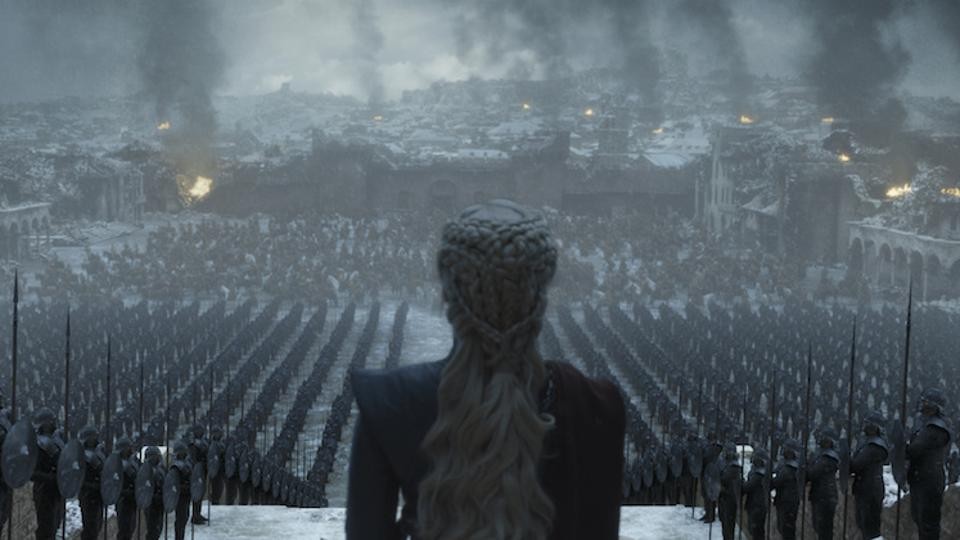
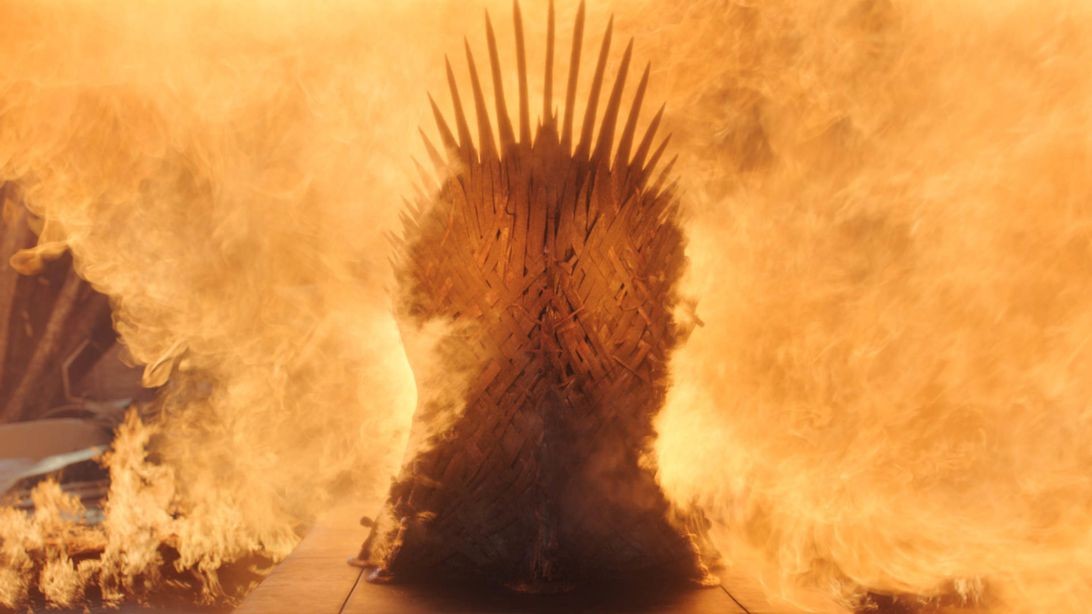
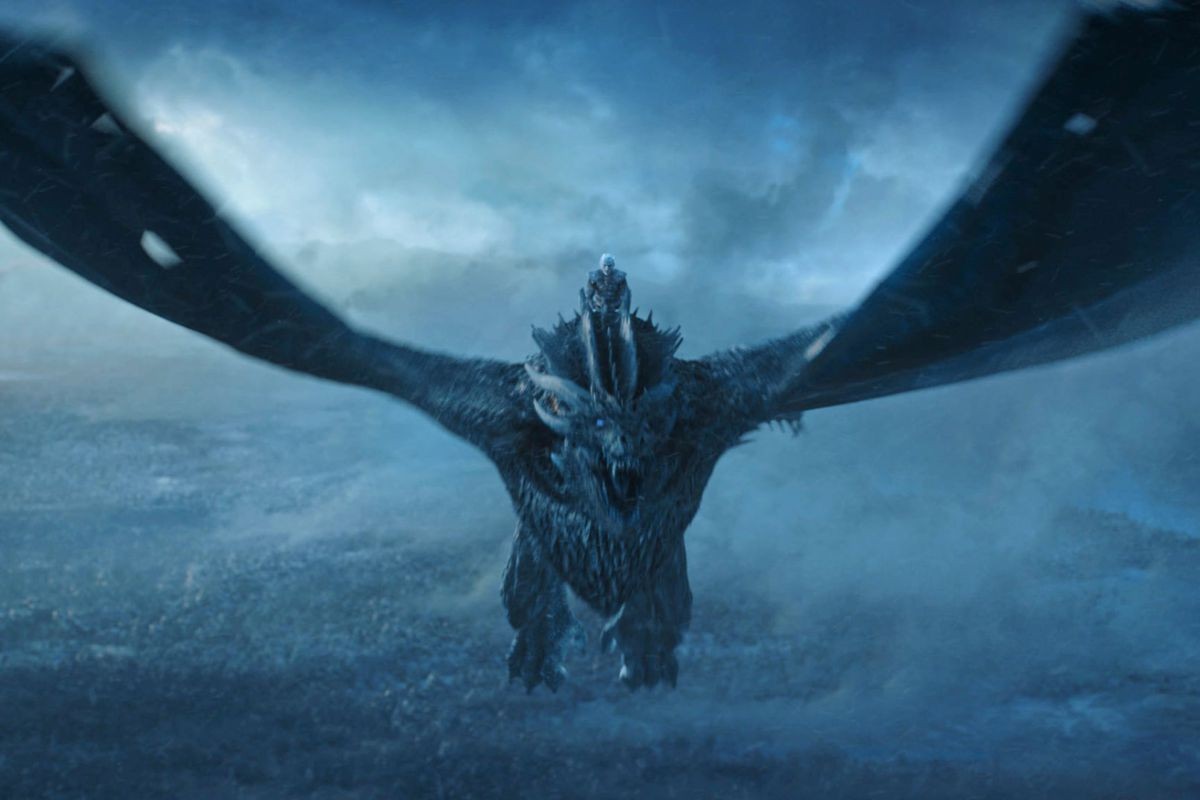 courtesy HBO
courtesy HBO 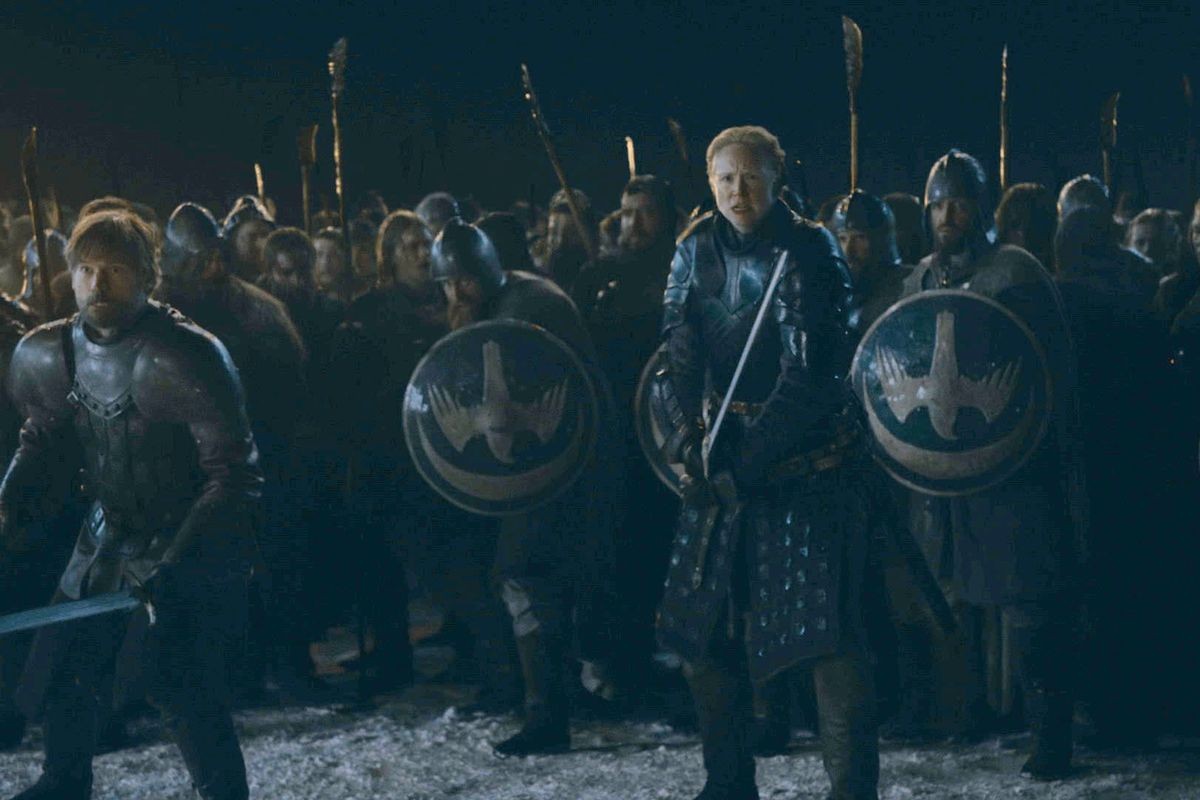 courtesy HBO
courtesy HBO  courtesy HBO
courtesy HBO 
 Photographs by Justin Fox Burks
Photographs by Justin Fox Burks 
